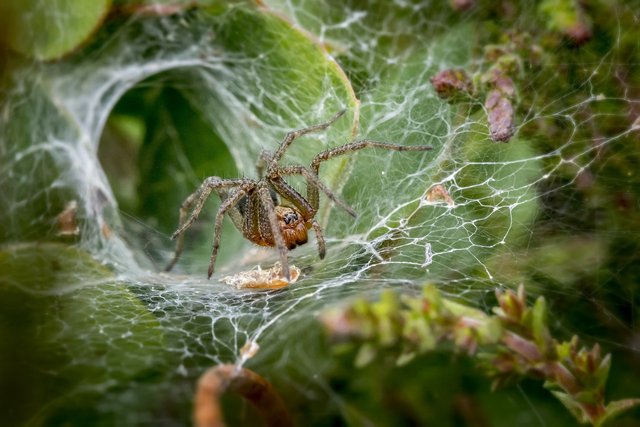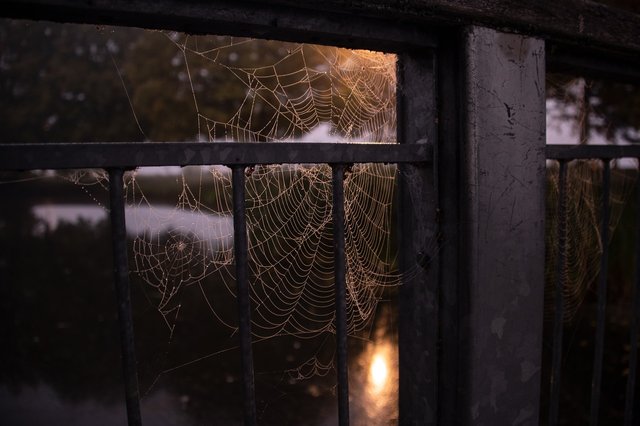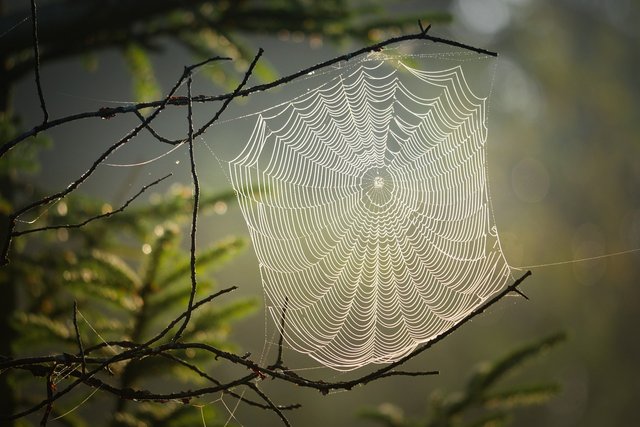
Spiders are creatures that are very skilled at building nests to live in and catch prey. The process of building a cobweb can be divided into several interesting and complex stages.
First, spiders usually choose a strategic location to start building a nest. They look for places that are safe from predators and have good access to potential prey such as insects. After finding a suitable location, the spider begins to produce silk threads from glands in its stomach.

The next process is to build the basic framework of the nest. Spiders use the threads they produce to create basic structures that will form the basis of their nests. These threads are usually very strong and elastic, made from proteins produced by glands in the spider's body.
Once the basic framework is complete, the spider begins to strengthen the structure by adding more layers of thread. They do this by threading threads in intricate patterns and tying them together meticulously. This process ensures that the nest is sturdy and long-lasting.
Next, the spider makes an entry or entrance into the nest. They use additional threads to create webs that allow them to enter and leave the nest easily. This entrance also serves as a trap for potential prey that may pass near the nest.

When the nest is almost complete, the spiders repair and adjust the structure to their needs. Some species even add additional decorations such as leaf fibers or dead insects to hide or strengthen their nests.
Lastly, spiders wait near or in their nests to catch prey. They use threads strung around the nest as nets to catch passing insects. Once the prey is trapped, the spider will immediately come out and tie it with more silk threads to ensure it will not escape.
Overall, the process of building a spider's web is a remarkable example of natural ingenuity in using existing resources (such as silk thread) to construct a highly effective structure for survival and hunting prey.
Downvoting a post can decrease pending rewards and make it less visible. Common reasons:
Submit
Upvoted. Thank You for sending some of your rewards to @null. It will make Steem stronger.
Downvoting a post can decrease pending rewards and make it less visible. Common reasons:
Submit